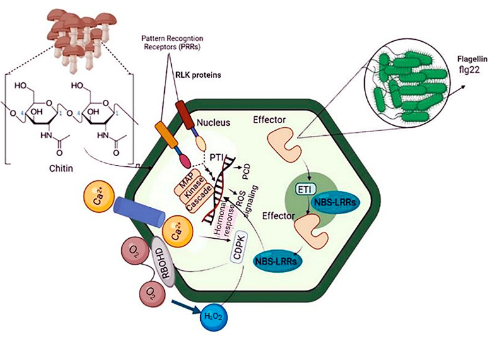Healthcare contract negotiations are like conducting a symphony; experienced negotiators are the conductors, combining confidence, strategy, and data-driven insights to bring complicated agreements to harmony. We will examine the subtleties of healthcare contract negotiations in this extensive book, with a particular emphasis on important topics including capital contracts, acquired services, and IT services. The goal of this guide is to provide finance and operations professionals with the skills and information necessary to successfully negotiate contracts by exploring tried-and-true strategies and providing real-world examples.
Healthcare contract negotiation is an art and a science that demands a careful balancing act between strategic thinking, interpersonal skills, and well-informed decision-making. Expert negotiators use a wide range of strategies and approaches to orchestrate positive outcomes, just like concert pianists do.
Overcoming Typical Obstacles: Being reluctant to request concessions is a major obstacle in healthcare contract negotiations. Many stakeholders lack confidence when it comes to negotiating beneficial terms and discounts, which is frequently the result of trust concerns or the lack of clear standards. The negotiation process may be hampered by the idea that contracts are immovable objects.
Five Crucial Strategies for Winning Contract Talks:
Asking questions without holding back may be a very effective negotiation strategy, since it can lead to productive conversations and possible concessions. It’s critical to get over the anxiety of requesting advantageous terms or reductions during healthcare contract talks.
The 10-Percent Method: Meaningful negotiations can still occur even when contract values are below thresholds by using data and benchmarks. Requesting a little discount, like ten percent, can open the door to larger concessions and savings.
Going Above and Beyond Benchmarks: It can be beneficial to start talks beyond benchmarked rates in an effort to achieve competitive and aggressive rates. By putting forth prices that are higher than standards, this strategy opens the door to possible savings and negotiation.
Think about the C-Suite Card: When talks come to a standstill, using executive influence can break the impasse and hasten the decision-making process. Vendors may be encouraged to make concessions by communicating the possible influence on the organization’s priorities and leadership.
Collaborative negotiating techniques, like the “good cop, bad cop” routine, can be useful in pressuring parties to make compromises and come to mutually beneficial accords. Negotiators are able to handle difficult conversations while maintaining connections by taking on opposing roles.
Leveraging Data and Technology: Solutions for contract lifecycle management, data analytics, and strategic sourcing are essential for guiding negotiating tactics and assisting in decision-making. Efficiency can be increased and negotiation results can be improved by utilizing technology and evidence-based research.
The Greater Picture: Value Creation and Long-Term Partnerships:
Healthcare contract negotiations should prioritize building long-term relationships and adding value over short-term cost savings. The secret to fostering innovation and accomplishing strategic goals is striking a balance between financial targets, vendor relationships, and service quality.
Combining strategy, data-driven insights, and artistic ability is necessary to master healthcare contract negotiations. Finance and operations specialists may confidently negotiate complex deals by adopting tried-and-true strategies, utilizing technology, and placing a high priority on long-term partnerships. This promotes value creation and innovation in the healthcare sector.








